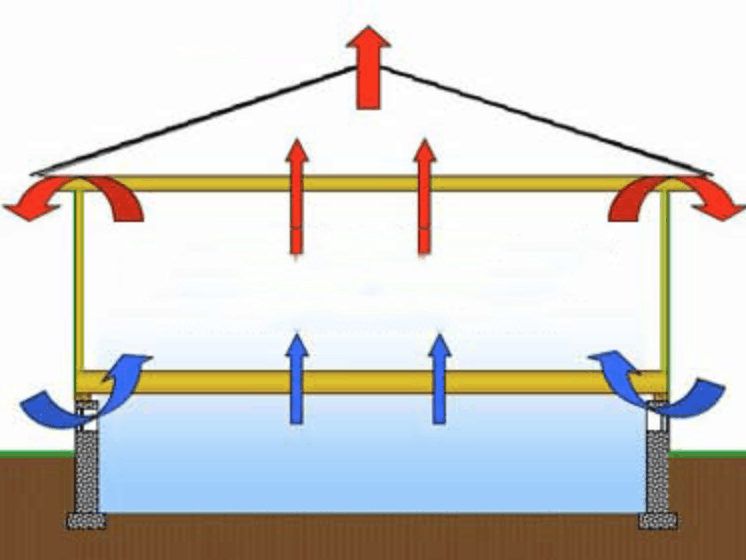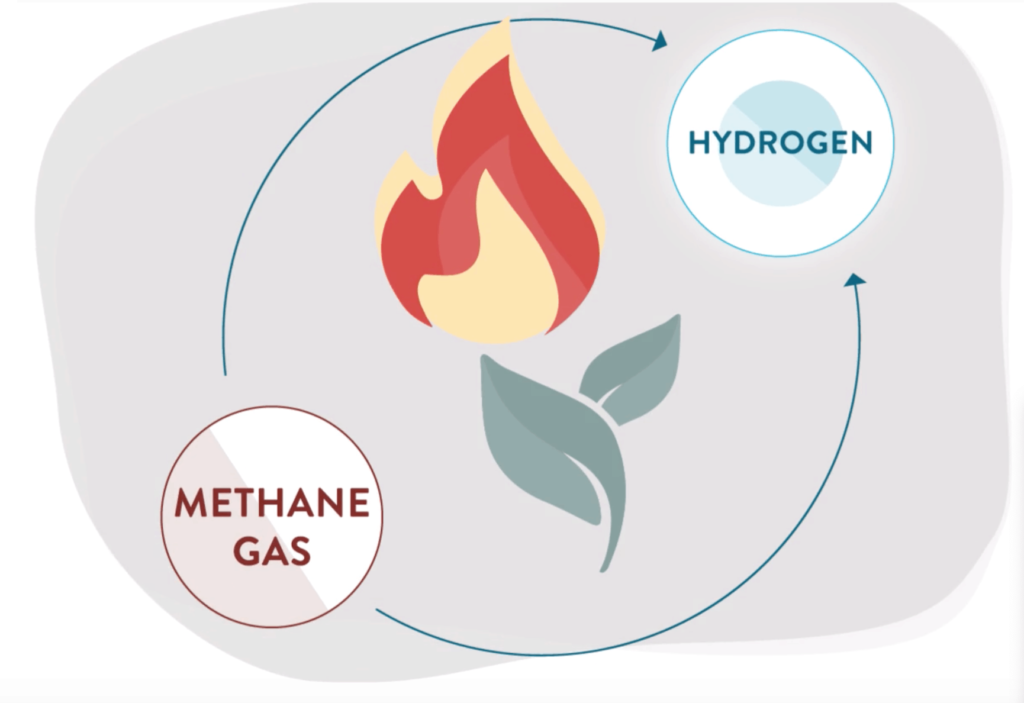In a recent survey, looking at public attitudes to low carbon heating, published by the BEIS (Department for Business, Energy & Industrial Strategy), indicates that there is a strong public support for policies aimed at reducing carbon emissions. Some 90% of those interviewed said a reduction in emissions, particularly focusing on heating was deemed “important”.
However, only 25% of those questioned said they heard of, or were aware of specific low carbon heating methods. There was little awareness of the level of carbon emissions from heating in buildings, and only 18% said they had heard about the UK’s carbon emission targets. 37% said they had heard about the governments 2050 zero carbon heating target.

Demographics and Awareness:
Younger people, those with degrees and also those with a higher household income tended to be more in favor of carbon reduction policies. Older people tended to have a higher level of awareness of low carbon heating technologies and carbon reduction policies. Those that are off the gas grid, using fossil fuel heating systems tended to know a little more about things such as air source and ground source heat pumps, compared to the rest of those questioned.
The Future of Gas:
The Gas Users Organisation commented on the survey, and expressed concern over the fact that so few consumers understand the major decisions, which may be taken about how they will heat their homes in the future. The Gas Users Organisation claims to represent the 24 million UK households who use gas for domestic heating. They further mentioned that there is still little pubic awareness of the debate about how decarbonisation of heating can be achieved, and that these figures fail to show that almost a third of gas users describe their current heating system as environmentally friendly.

Minimal Disruption:
It’s been reported that there is a strong public preference towards nationally planned low carbon solutions, which pose a minimal disruption for domestic consumers. This would support the strategy of keeping the existing gas network, and sourcing gas within it from renewable sources in the future, such as the use of hydrogen and biogas.







